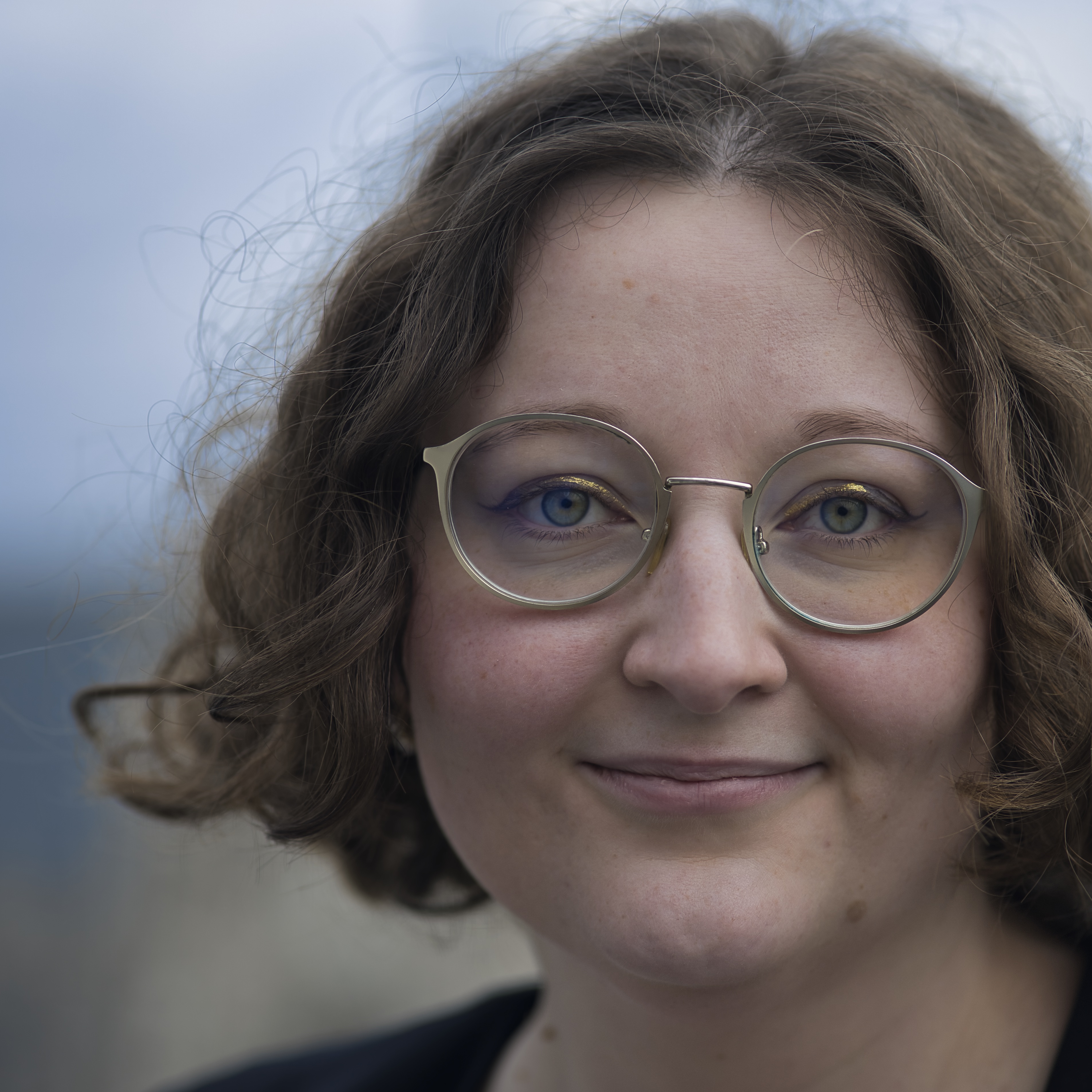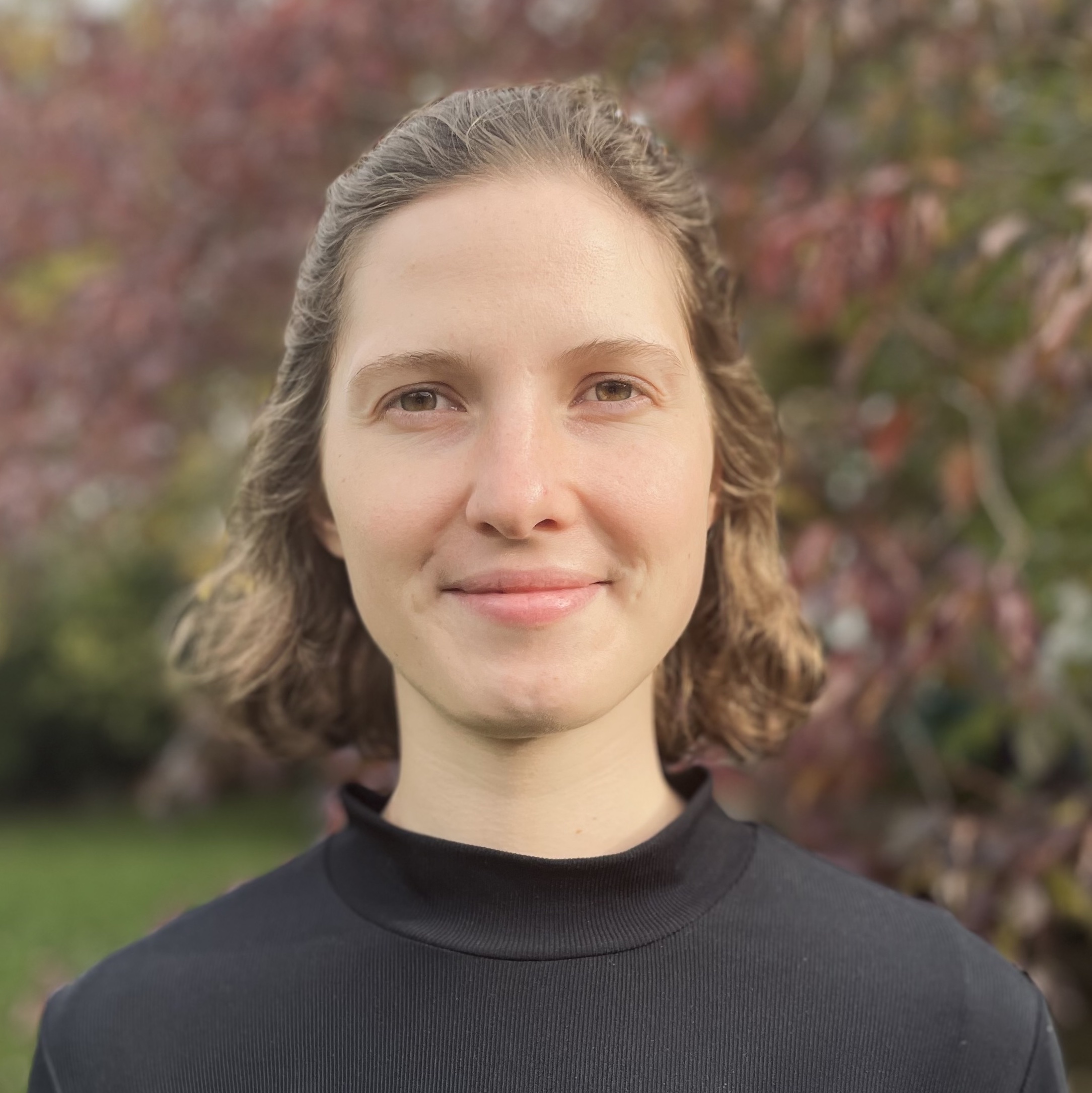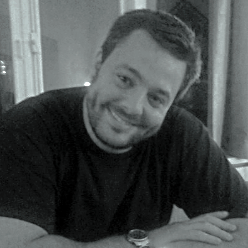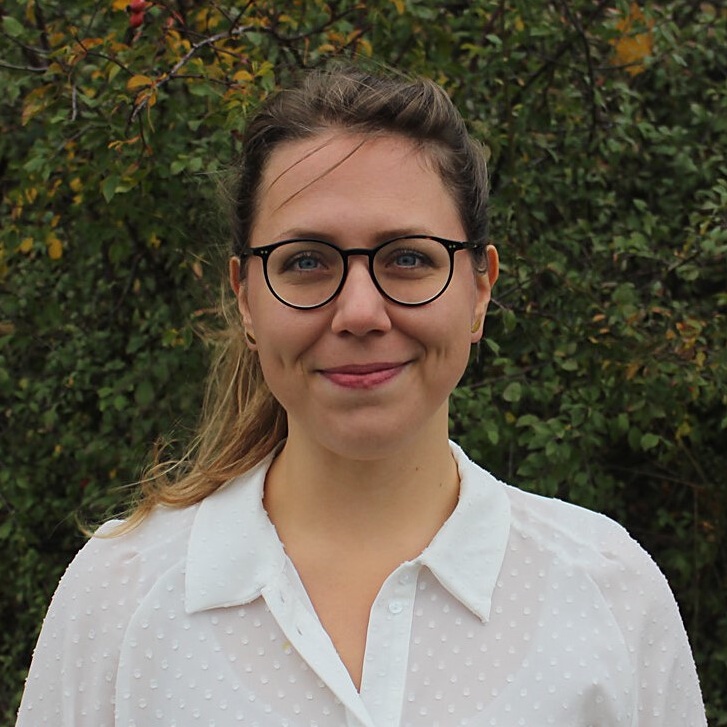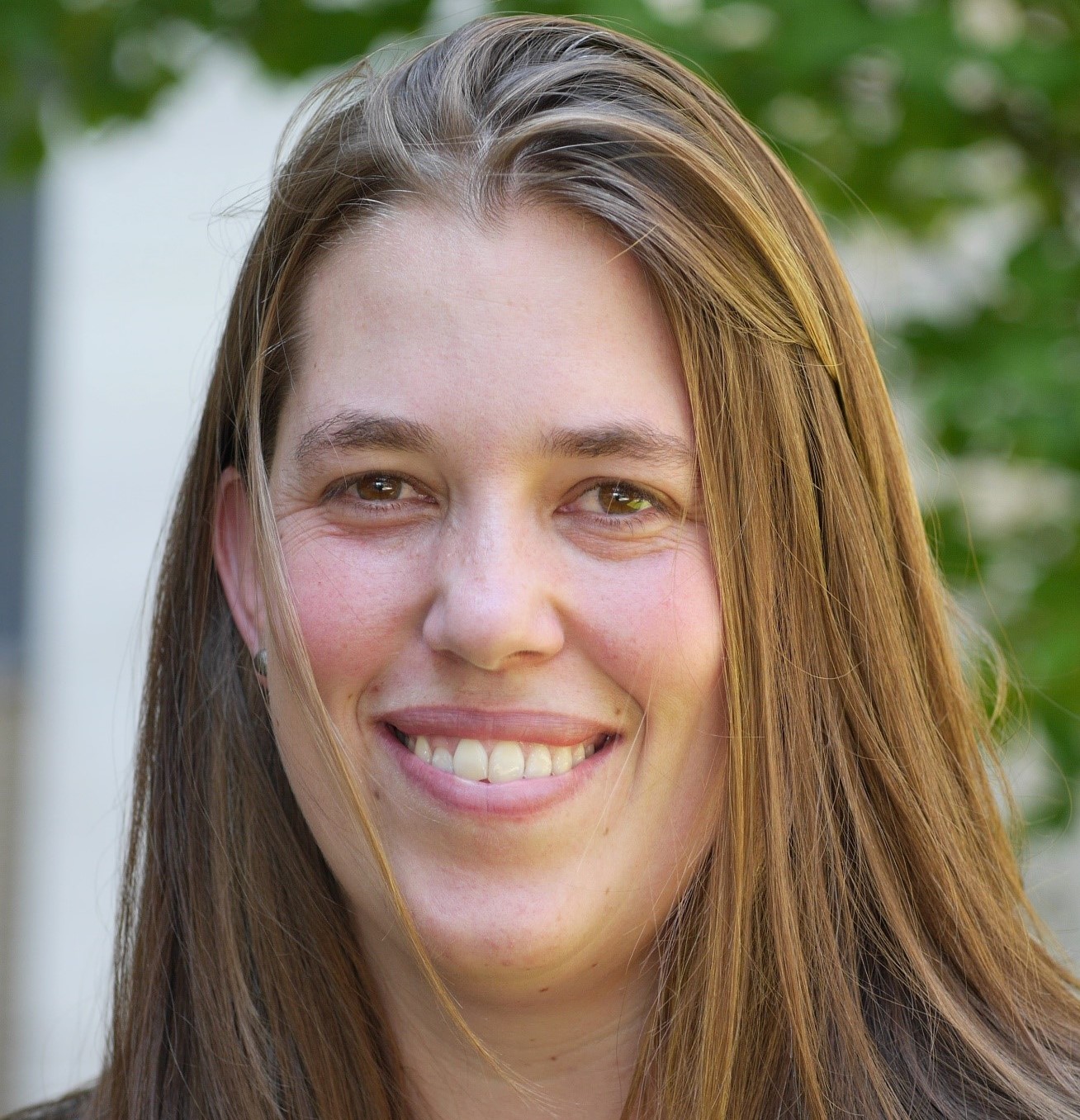
Organizing Team
Rowenia Bender is a researcher at the Center for Criminological Research Saxony in Chemnitz and a PhD student in social psychology at Chemnitz University of Technology. Her research focuses on the perception of norm deviating behaviour, intergroup contact with police and offenders, and prejudice-motivated crime.
Nils Brandenstein a researcher and PhD student in Psychology at the Experimental Psychology and Cognitive Self-Regulation Lab at Heidelberg University. His research mainly focuses on preditive modeling approaches using machine learning models. Topics include belief in conspiracy theories, sustainable behavior and political attitudes.
Sarah Buhl is a PhD student in social psychology at Chemnitz University of Technology. Her research focuses on the relation between egalitarian motives and the perception of discrimination, considering the role of power differences and intersectional identities.
Vinzenz Hübl is a doctoral student at
University Clinic Freiburg. He assesses political measures linked to
rare diseases. His work highlights the care burden shouldered by
families and caregivers, the pivotal role of patient organizations, and
barriers to social participation.
Lena Masch is a postdoctoral researcher at
the Otto Suhr Institute of Political Science at Freie Universität
Berlin. Her research interests include political behavior, political
psychology, and political communication. She focuses particularly on the
role of emotions in political communication and voting behavior.
Julia Reiter is a post doc researcher at the Social and Economic Psychology group at the University of Vienna. Her research focuses on political psychology, political development in adolescence and emerging adulthood, spanning from activism and collective action to radicalization, intergroup conflict and experiences of marginalization.
Cornelia Sindermann is the independent Research Group Leader of the Computational Digital Psychology Team at the University of Stuttgart. Her research focuses on how interactions between individual differences and online-platforms shape how information is processed and how this, in turn, impacts political opinion formation.
Klara Steinmetz is a PhD student in social psychology at the TU Chemnitz. Her research interests are political sophistication, ideological attitudes, and diversity.
Laura Stritzke is part of the EU Marie-Skłodowska-Curie Doctoral Network VORTEX (Coping with varieties of radicalization into terrorism and extremism). Within her dissertation she focuses on radicalization prevention. Overall, her research interests encompass peace and conflict, social cohesion, and emotions.
Website maintained by Nils Brandenstein and Cornelia Sindermann.





